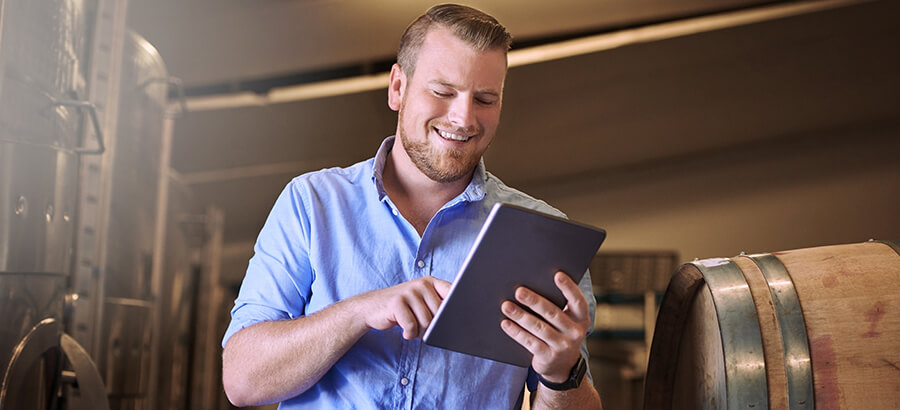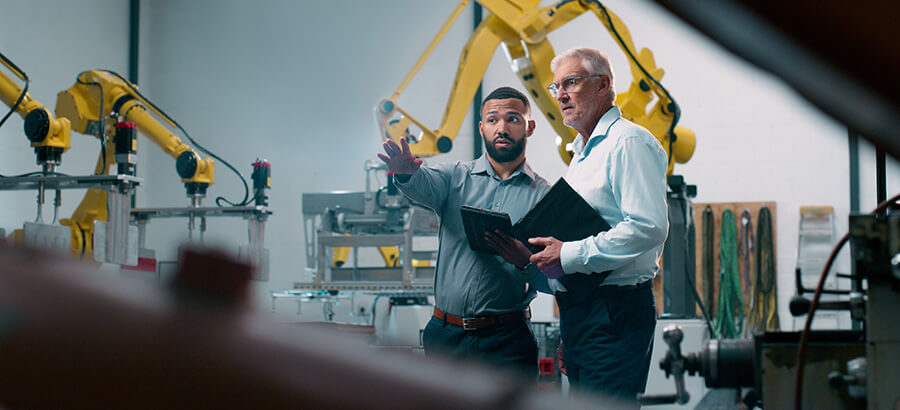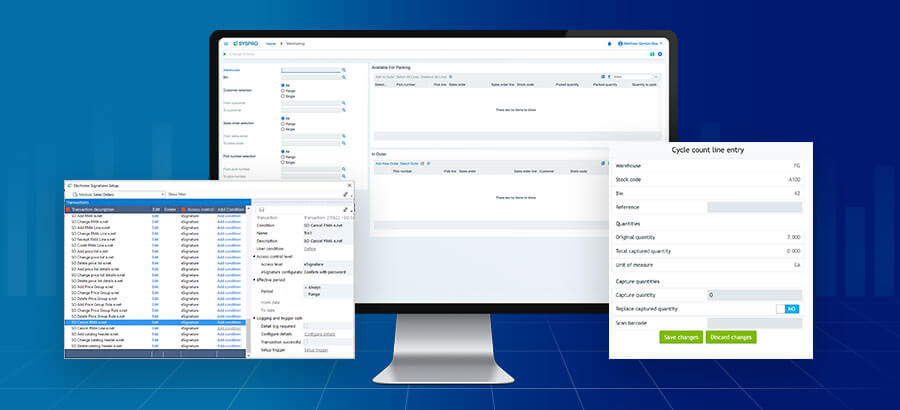During a recent holiday in France, over a croissant and coffee, I watched the morning crowds making their way to work. I was there as a tourist but was observing with my business mind, and a few things stood out for me.
First thought – public transport is key to urban business efficiency. Less travel time so more work in an 8-hour day – a must for developed nations. The French and most of Europe have people-logistics taped. Everyone relies on public transport and the internet. Even at rush hour, commuters use the fast ticket and smart-card loading vending machines to top-up their travel. Some even do online-@home over a decent vin-rouge. Avoiding difficult traffic and city parking. And they walk – well there’s an idea! And that leads to a plethora of meeting-place coffee/wine/beer-n-bite stops to and from work. Ideal for neutral-based networking and creative solution thinking.
Regional Manufacturing Challenges
The next thing that gave me pause was the business of manufacturing wine in France. If you are a French wine manufacturer, the rules are tough – no irrigation or fertilizer, and limited sulphides to preserve during transport, because they harvest/bottle at the chateaux (on-site), moving small batches straight from vines to pressing. Their grapes are smaller, initial pressing gentler than in South Africa, resulting in fewer tannins and histamines. Their manufacturing processes have major yet subtle changes creating a different final product for the same global market.
You may be an engineer like me, but at the same time, we are all in marketing too. Manufacturing differentiates our product, not just in quality or style but through processes and organic appeal – subtle changes to add value and create a competitive position. French red is often softer, lighter than equivalent South African red. Both are red wine but are distinctly different to serve different customers at different price points. You could argue one’s in the volume market and the other the flavor market, but I’ll leave that to you.
For stock control and distribution, let’s look at food – the croissant. Every town, village, and arrondissement has a Boulangerie (a baker’s shop). Products baked and sold fresh on-site to steady local-consumer queues, distributed further on basket-bikes. Sure, there are corporates for grocery retailers using mainstream logistics service providers. There’s a blend of micro and macro, national and local that grabs your attention. It’s more pronounced, customer-channel focused/niched than South Africa. Missed opportunity for us maybe. And whose croissants taste better? Satisfying a need, delivering an experience and “me” value – they always taste better in France…at the same price as in Johannesburg!
I realized that technology is pervasive in this environment – not just Waze and weather but smartphone renting/dropping parked scooters or city-cars – options priced for so many segments. Logistics reliant on always-on-always-cheap connectivity/mobility and easy-ERP monthly/weekly planning, daily confirming, and hourly replenishment.
France inspired me, encouraging me to push new ideas in everything I do. I found myself absorbing unconsciously but remaining alert to new obvious opportunities to implement in a South African context. Machine learning in humans, now I’ll just industrialize this intelligence!






